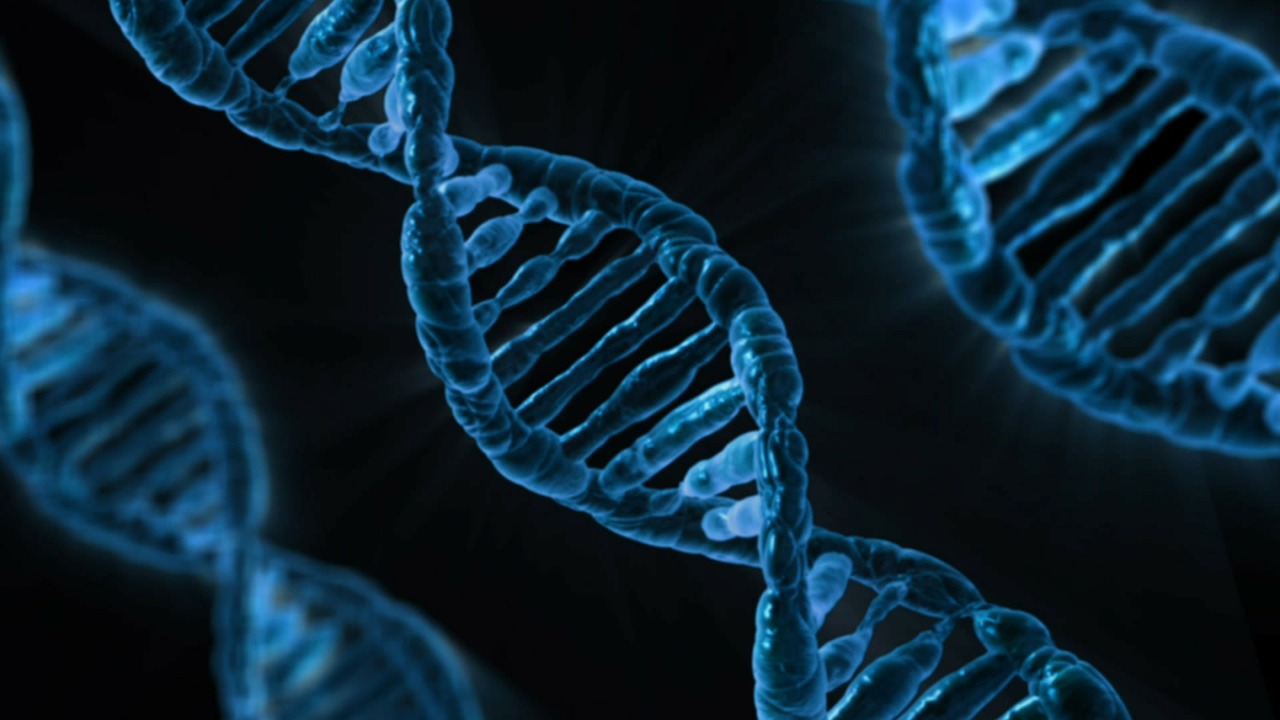I have written/produced numerous articles and videos on the anticipated technological breakthroughs in the area of biocomputers which utilize so-called wetware.
These systems employ cultured or laboratory grown neurons which are combined with integrated circuits to perform high level computer functions which exceed the capabilities of traditional systems. The working theory is that with a sufficient aggregate of interconnected neurons, human level conscious systems will emerge.
I absolutely believe and maintain that these systems which are already being commercially marketed in California will become the norm in the next decade. The terms “wetware” refers to the chemical compounds and biological “bath” which organically keep these neurons alive and functioning. It sounds like science fiction, but it is entirely real and here now.
The legal conundrum resides in a series of Supreme Court cases which prohibit researchers and corporations from patenting organic based systems which rely on genetic composition. In the Association of Molecular Pathology v. Myriad Genetics, the Supreme Court unanimously held that human genes cannot be patented. The case was brought by the ACLU on behalf of 20 medical organizations and sought to invalidate patent claims held by Myriad Genetics on the BRCA1 and BRCA2 genes. The Supreme Court held that “products of nature” cannot not be patented.
This decision and others are highly problematic to the AI industry and particularly the development of wetware systems which utilize altered neurons or combinations of neurons and electronic components which are specially adapted for computer functions. In the absence of cognizable IP safeguards, the commercial interest in these systems and financial investment will be impaired. I am thus a huge fan of new legislation to supersede the Supreme Court’s wrongly decided Myriad Genetics case.
I applaud the introduction of a new bill by Senators Tillis and Coons which will overturn Myriad Genetics and allow for the patent of genetic products. Entitled the “Patent Eligibility and Restoration Act”, it recognizes the critical nature of validating and protecting genetic and biological AI products.
Let us hope that Congress can galvanize the support to pass this legislation. Rest assured that our AI competitors, particularly the Chinese, are unhindered in their pursuit of biological systems. In the absence of rapid change, we will be left in the computer “stone age”.


